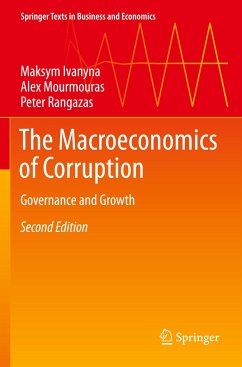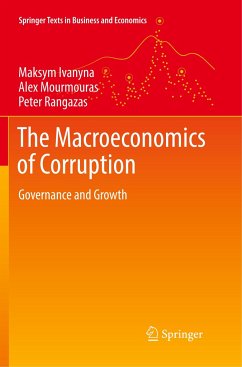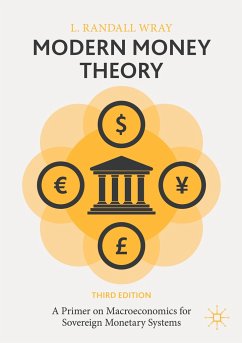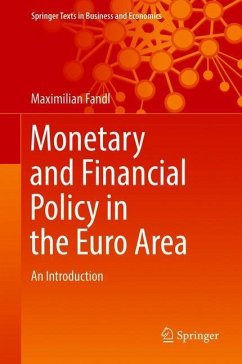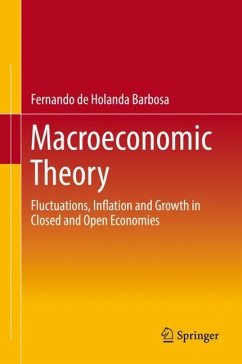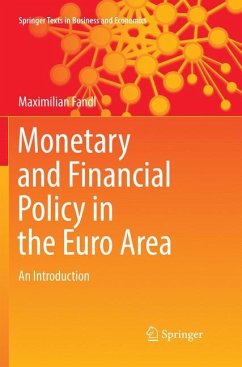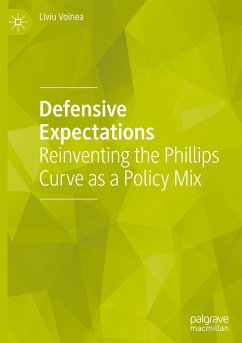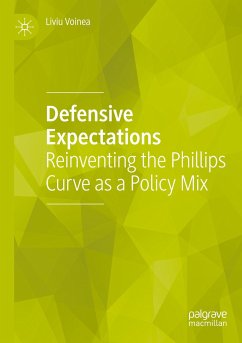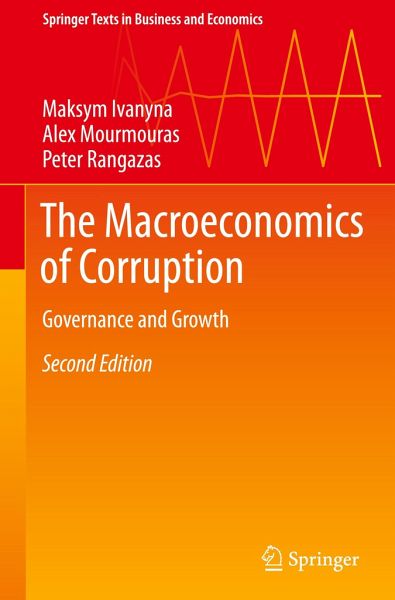
The Macroeconomics of Corruption
Governance and Growth
Versandkostenfrei!
Versandfertig in 6-10 Tagen
83,99 €
inkl. MwSt.
Weitere Ausgaben:

PAYBACK Punkte
42 °P sammeln!
This textbook examines corruption through a macroeconomic lens, exploring the relationship between corruption, fiscal policy, and political economy. It merges macroeconomic growth models with elements of political economic theory to address important applied topics such as income inequality within and across countries, growth slowdowns, and fiscal crises. Revised and updated to include new research findings and recent policy discussions, the second edition contains 15 new sections and 2 new chapters on topics such as public defaults, the wage elasticity of work and the interest elasticity of s...
This textbook examines corruption through a macroeconomic lens, exploring the relationship between corruption, fiscal policy, and political economy. It merges macroeconomic growth models with elements of political economic theory to address important applied topics such as income inequality within and across countries, growth slowdowns, and fiscal crises. Revised and updated to include new research findings and recent policy discussions, the second edition contains 15 new sections and 2 new chapters on topics such as public defaults, the wage elasticity of work and the interest elasticity of saving, and the economic and fiscal impact of the 2020 pandemic.
Most of the basic ideas are illustrated using a two-period model of government investment that captures the future cost of policies that favor the present. The more subtle and advanced issues are illustrated and, in some cases, quantified, using the overlapping-generations model of economic growth. The models used to illustrate the mechanisms of economic growth are extended to incorporate politics and the behavior of public official. The text concludes with a thorough discussion of policy reforms designed to address the issues discussed in earlier chapters.
Intended for students familiar with intermediate-level economics, the second edition contains a technical appendix, expanded end-of-chapter questions and problems, and a complete solutions manual. The second edition also offers updated resources for instructors, including sample syllabi and over 550 multiple choice questions. Offering a unified explanation for the causes and consequences of government failure, fiscal crisis, and needed policy reforms, this text is appropriate for advanced undergraduate and beginning graduate courses in macroeconomics, political economy, and public policy.
Most of the basic ideas are illustrated using a two-period model of government investment that captures the future cost of policies that favor the present. The more subtle and advanced issues are illustrated and, in some cases, quantified, using the overlapping-generations model of economic growth. The models used to illustrate the mechanisms of economic growth are extended to incorporate politics and the behavior of public official. The text concludes with a thorough discussion of policy reforms designed to address the issues discussed in earlier chapters.
Intended for students familiar with intermediate-level economics, the second edition contains a technical appendix, expanded end-of-chapter questions and problems, and a complete solutions manual. The second edition also offers updated resources for instructors, including sample syllabi and over 550 multiple choice questions. Offering a unified explanation for the causes and consequences of government failure, fiscal crisis, and needed policy reforms, this text is appropriate for advanced undergraduate and beginning graduate courses in macroeconomics, political economy, and public policy.





